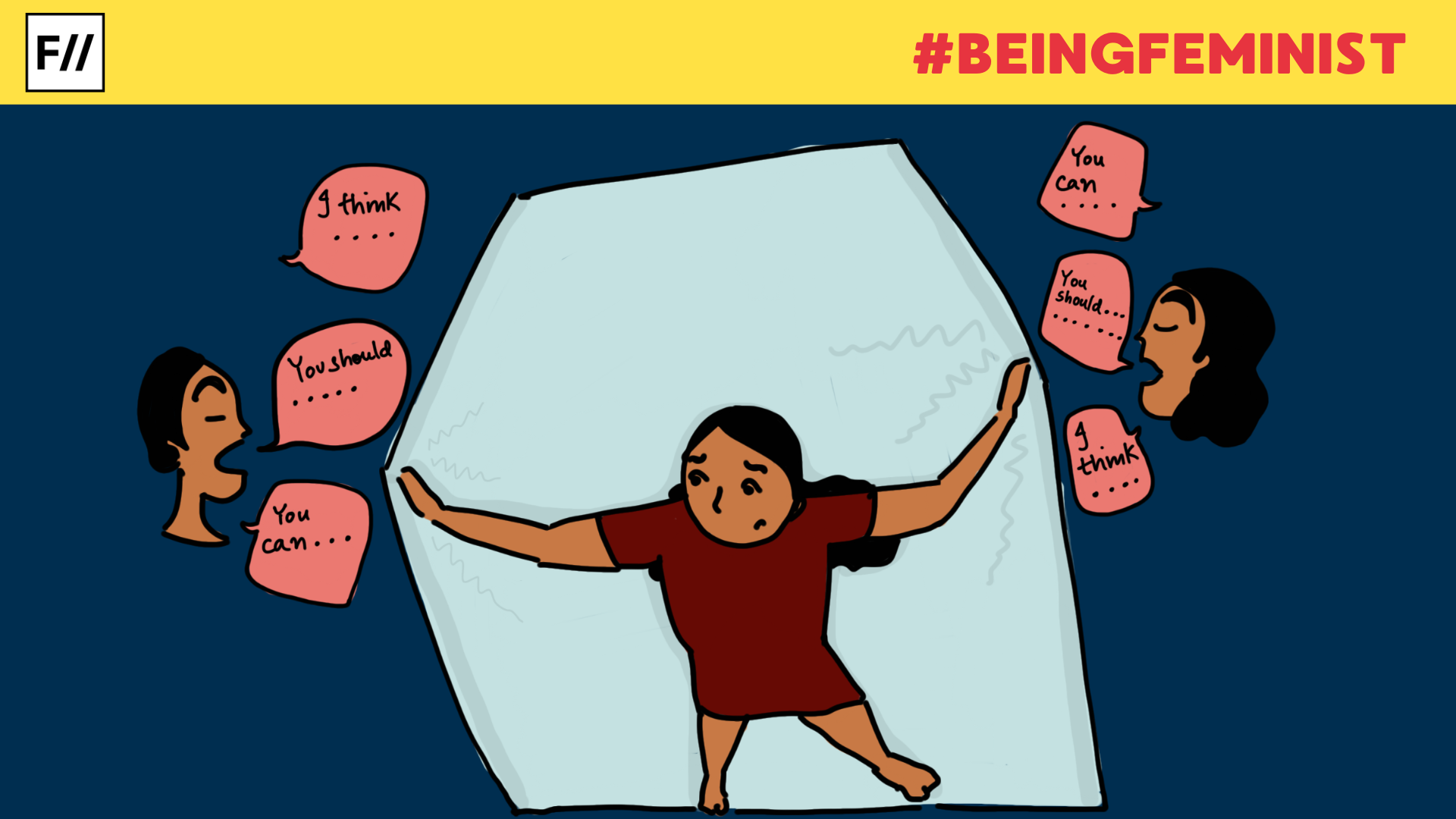Born and raised in a nuclear family in the heart of New Delhi, my upbringing was anything but conventional. Unlike the often restrictive environments faced by many women, my parents were beacons of gender equality and progressiveness. From an early age, my sister and I were ingrained with the belief that societal expectations should not confine us. We were granted the freedom to carve our careers, choose our attire, and chart our unique paths in life.
Yet, as I stepped beyond the familiar walls of my home, the stark dichotomy between the progressive values instilled within my family and the prevailing gender norms in society became glaringly apparent. The freedom and encouragement I enjoyed were not universal; not every woman shared the same privilege.
Within the sanctum of my family, gender-based discrimination and conservative thinking were inconceivable. Career choices, dressing preferences, and the freedom to explore the world were decisions left entirely to my sister and me. Sports, often dominated by men, were never off-limits. My parents, true to their liberal principles, never imposed restrictions based on societal norms.
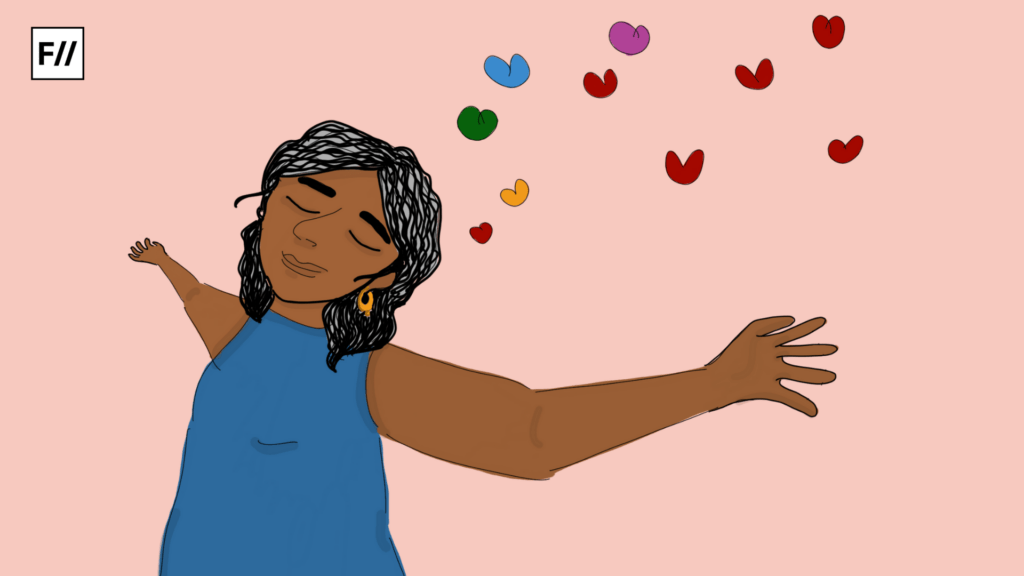
However, the pressure to conform to traditional gender roles loomed large. The pervasive mindset that devalues a woman’s worth based on appearance rather than her abilities resonated in the stories surrounding me. Society’s tendency to pigeonhole women into specific career paths, emphasising beauty over earning potential, became an unfortunate reality.
A close friend of mine faced familial resistance when expressing her desire to work in a distant city. The barriers imposed on her were not a reflection of her abilities but rooted in the perception that, as a woman, she would be unsafe. It exposed the harsh reality that women’s opportunities are curtailed due to their gender, perpetuating stereotypes that hinder their progress.
A close friend of mine faced familial resistance when expressing her desire to work in a distant city. The barriers imposed on her were not a reflection of her abilities but rooted in the perception that, as a woman, she would be unsafe. It exposed the harsh reality that women’s opportunities are curtailed due to their gender, perpetuating stereotypes that hinder their progress.
The persistent belief that a woman’s primary role is to manage the household continues, despite progress in other spheres. Phrases like “husband and wife both work, but it’s the wife’s responsibility to cook,” echo far too frequently. The disproportionate burden of maintaining the household falls on women, underscoring that societal expectations persist in reinforcing traditional gender roles.
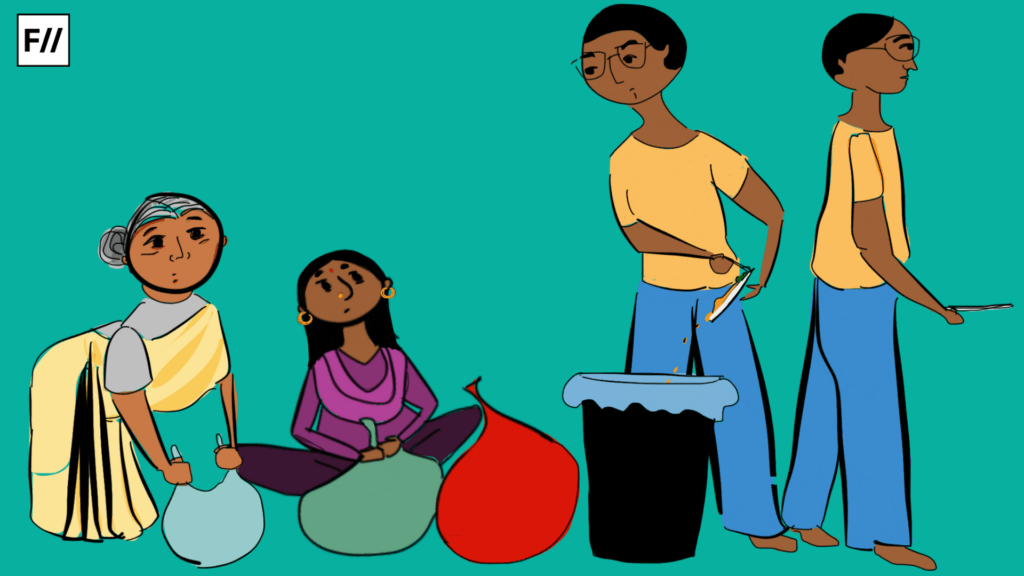
In contrast to the progressive values within my family, societal norms illuminated the ongoing battle for gender equality. The struggle extends beyond personal freedom; it is about dismantling systemic biases that limit opportunities for women.
These observations fuel my commitment to feminism. The movement is not an abstract ideology but a necessity to challenge ingrained prejudices. It is about advocating for a world where a woman’s worth is not defined by her appearance, where opportunities are not curtailed by gender, and where the burden of societal expectations is shared equitably.
As I navigate this journey, I am reminded that personal experiences are not isolated incidents but part of a broader narrative. Feminism is not just my story; it is a collective tale of women striving for equality, challenging societal norms, and reshaping societal expectations.
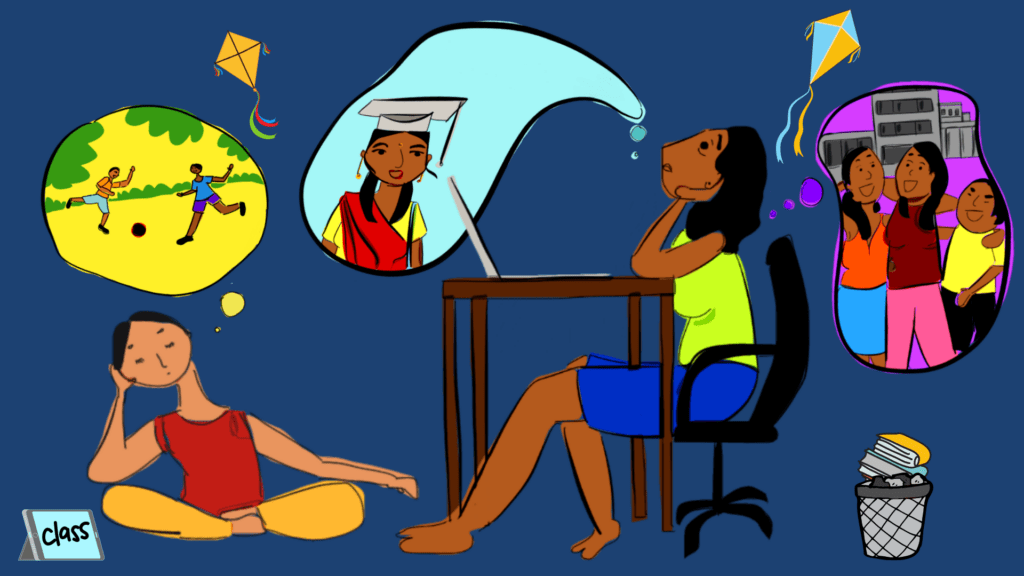
Despite the challenges, hope emerges in the gradual shift in societal perspectives. To achieve true equality, addressing the root cause is imperative: unequal opportunities. Reimagining the roles portrayed in media, like the stereotypical Disney princess, becomes crucial. It is time to break away from the narrative where a princess’s sole purpose is to look beautiful, get married, and live in a castle. We need narratives that reflect the diversity of women’s aspirations.
Equal opportunities mean creating princesses who are not confined to an ethereal realm but are aviators, scientists, and leaders. Envisioning a princess defined by accomplishments rather than attire contributes to reshaping societal expectations. These changes in representation are not confined to the realm of fantasy; they have a profound impact on shaping the aspirations of real-life individuals.
As a feminist who believes in equal opportunities in all spheres of life, I’ve observed another dimension of this struggle. In recreational spaces like parks, women and men play together in their younger years. However, as they grow older, girls often find their permissions revoked without clear reasons.
Unlike men, who might continue enjoying these spaces due to safety concerns, women are unfairly denied permission. The desire to play and engage remains the same, yet women face barriers that hinder their participation. This unjust limitation perpetuates gender stereotypes and denies girls the same freedom as their male counterparts.
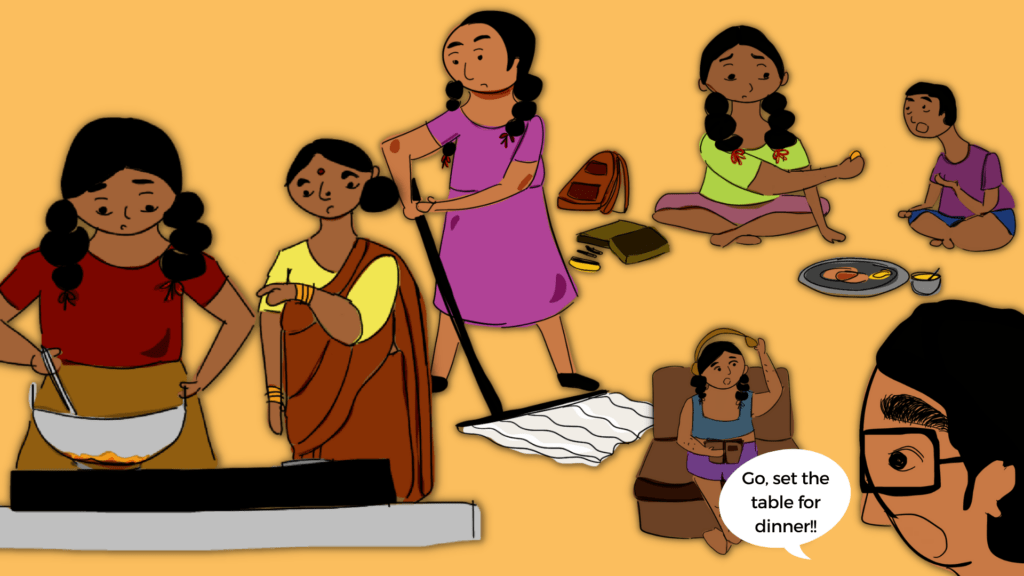
My journey through feminism is a colourful expedition, weaving through different phases that resonate with the changing dynamics of the movement. From advancing towards personal liberation to addressing deep-rooted norms, feminism has emerged as a dynamic force in challenging societal expectations.
The intent to break free from traditional gender roles has come with its own set of challenges. Witnessing limitations placed on women, whether in career choices, recreational spaces, or societal expectations, fuels my commitment to the feminist cause. It’s a commitment to advocating for a world where a woman’s worth is defined by her capabilities, not her appearance, and where opportunities are not constrained by gender.
The journey doesn’t end here; it’s an ongoing process of contributing to the collective narrative of individuals striving for equality. As we move forward, let us champion equal opportunities and narratives that reflect the diverse and boundless potential of individuals. With each step, we play a crucial role in reshaping societal expectations, challenging norms, and fostering a world where everyone, regardless of gender, can thrive and fulfil their aspirations.
About the author(s)
Maria Mabood is a 24-year-old graduate with both Bachelor's and Master's degrees in Economics from Jamia Millia Islamia. She is an aspiring researcher, passionate about delving into the intricacies of economic theory.
Her enthusiasm lies in both writing and research, where she aims to combine her academic knowledge with creative expression. She is eager to contribute valuable insights to diverse topics and explore new horizons through collaborative efforts.
